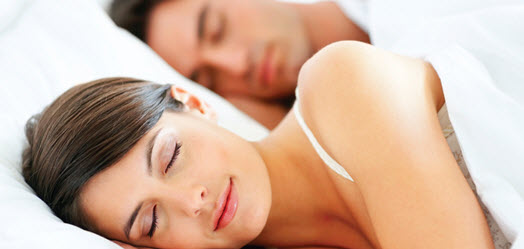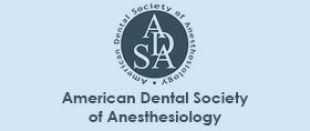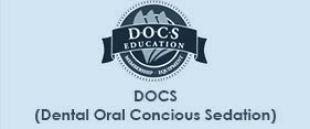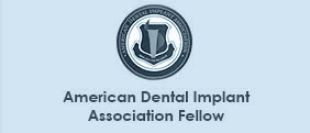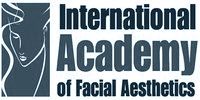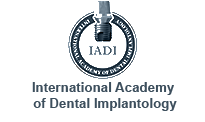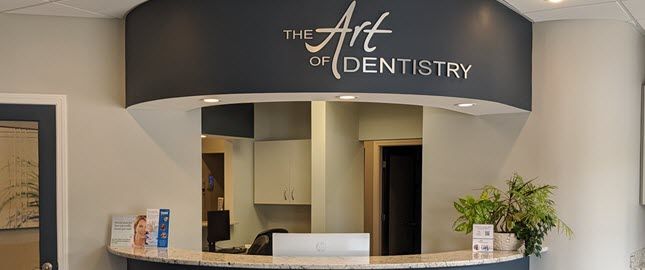






Achieving quality dentistry for life
NON-Surgical Laser Snoring Treatment (Known As NightLase™)
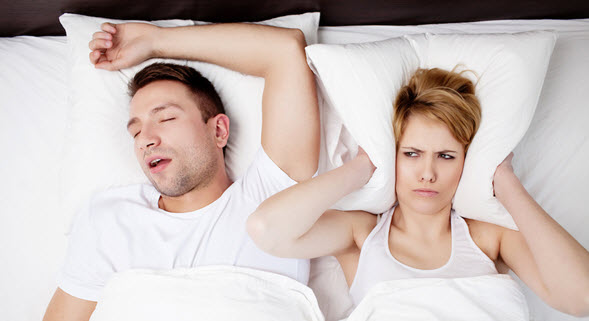
NightLase™ Treatment is a fast, non-invasive and friendly way of increasing the quality of a patients sleep. NightLase™ decreases the severity of snoring through the use of gentle, non-invasive, Erbium:Yag laser light. No anesthesia is used in this procedure. NightLase™ treatment causes a tightening of the tissue and leads to a reduction in the sound of the patients snoring. Research has shown that NightLase™ reduces and attenuates snoring and provides an effective, non-invasive way to lessen the effects of snoring. NightLase™ requires no device to be worn during sleep, involves no chemical treatment, and no anesthesia. It is gentle and easy for the patient and their loved ones regain the ability to get a good night’s sleep. Contact us for further information.
Dr. Lyford is trained by Dr. Harvey Shiffman the first dentist in North America to master the NightLase™ Treatment for snoring. Dr Lyford is certified in the NightLase™ procedure with the LightWalker laser by Fotona.
It is estimated that there are millions of snorers in the U.S. Of these, about 1/3 are affected by snoring; this makes snoring a national disease. It is a common problem among all ages and both genders, and it affects approximately 90 million American adults — 37 million on a regular basis. Snoring may occur nightly or intermittently. Persons most at risk are males and those who are overweight, but snoring is a problem of both genders, although it is possible that women do not present with this complaint as frequently as men. Snoring usually becomes more serious as people age. It can cause disruptions to your own sleep and your bed-partner’s sleep. It can lead to fragmented and un-refreshing sleep which translates into poor daytime function (tiredness and sleepiness). The two most common adverse health effects that are believed to be casually linked to snoring are daytime dysfunction and heart disease. About one-half of people who snore loudly have obstructive sleep apnea.

Why is snoring a problem?
Anyone who has been sleeping next to someone who snores understands the problem of snoring. Snoring affects not only the person who snores, but snoring affects their partner and family members.
Many relationships are destroyed or stressed due to snoring.
What many do not know is that snoring also causes many physical problems.
Snoring can cause:
- Cardiovascular diseases such as hypertension
- Sleepiness and fatigue during the day
- Morning Headaches
- Impotence in men
- Depression
- Due to Fatigue we see that snorers are seven times more likely to be involved in car accidents
- Due to Fatigue we can see that many snorers easily lose patience and become aggressive
- Snorers are overrepresented among people who have heart attacks and strokes
What can you do to reduce snoring?
- Lose weight if you are overweight
- Avoid alcohol before bedtime
- Avoid eating large meals 2 hours before bedtime
- Avoid energy drinks such as Red Bull
- Surgical Treatments involving hospitalization, general anesthesia, pain and prolonged healing
Snoring and pregnancy
Many women suffer from snoring during pregnancy. The last three months of pregnancy can be challenging. This form of snoring usually disappears by itself and should not be treated.
Laser energy has been used both in pure medical applications and cosmetic treatments for decades. In recent years, a new type of cosmetic, non-surgical application came on the market, namely the tightening of tissue/skin by laser-based heat. This has been available outside the body for such areas as the face, chest and stomach. A couple of years ago experts in the field of Laser Treatment realized that the method could be used even for a tightening of the tissue in the throat and snoring problems could be addressed.
The NightLase™ treatment developed on this idea proved to be very effective and virtually painless. You need two or three treatments, each about 30 minutes and then you can eat, drink, talk, and live a completely normal life immediately after the completely painless treatment. This is quite different from the painful surgical procedures with long convalescence times which are the currently offered options along with occlusal splints, oxygen masks or other inconvenient and impractical equipment needed at night.
